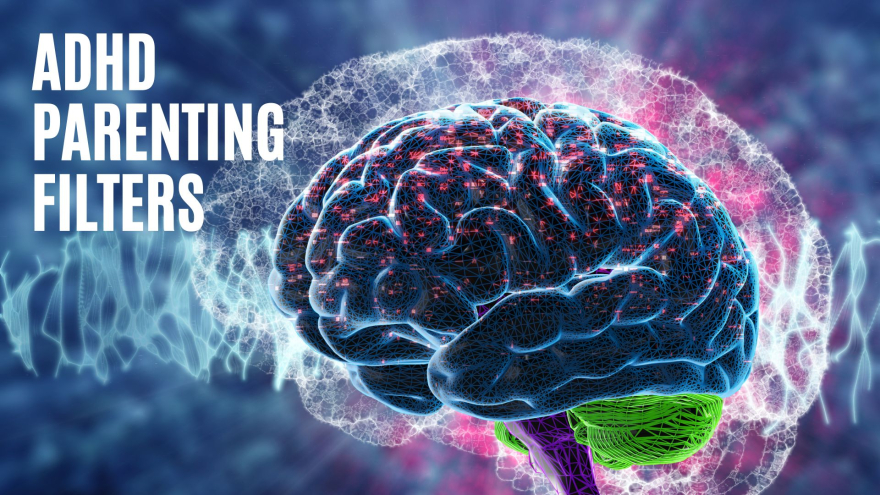
Coco
The brain is AMAZING! Not only does our brain control our vital functions for survival, but it also holds thoughts, memories, perceptions, and emotions.
It is the mega supercomputer in charge of everything we do and the most critical organ in our bodies, yet we rarely talk about it.
Thanks to advanced imaging devices like MRIs, high-powered microscopes, and EEGs, neuroscientists have learned a lot about the brain's inner workings.
For example, did you know your brain:
- Weighs about 2% of your total body weight but drains 20% of your overall body's energy, oxygen, and blood supply?
- Requires almost 100,000 miles of blood vessels packed in our skull to deliver all the blood, oxygen, and nutrients it needs?
- Can process a ton of information(10 to the 16th power) per second?
- Can process information at a speed of over 250 mph?
- Can store an average of 2.5 million gigabytes of information?
- Communicates via nerve cells called neurons, over 100 billion of them?
- Is made up of neurons that are different from other cells in the body because they have extensions called dendrites and axons specialized for transmitting an electrical impulse.
- Uses chemical messengers called neurotransmitters to communicate between cells?
- Gets bored quickly and requires an emotional "spark" every 10 minutes to reset attention?
- Doesn't entirely fall asleep-that is why we dream?
And I could go on and on…
Neuroscience has also revealed differences between a neurotypical brain and one with ADHD. Studies have shown that the brains of individuals with ADHD vary from those without it in three main ways, structure, brain function(neural activity), and development.
Here are some of the findings:
- ADHD brains have low levels of a neurotransmitter called norepinephrine.
- ADHD brains have impaired neurotransmitter activity in four major regions of the brain, the pre-frontal cortex(controls high-level function), the limbic system(controls emotional regulation), the basal ganglia(responsible primarily for motor control, motor learning, executive functions, and emotional behaviors), and the reticular activating system(the brain's relay system).
- ADHD brains develop at a slower rate, up to 30% slower!
In our fifth and final video, learn how the slower maturation of the brain affects our kiddos and what you can do as a parent to support them along the way.
Click here to access the video; you have 24 hours to watch it!
Warmly,
Coco and Vicky
P.S. We were having technical difficulties the day we recorded the video-it's a bit blurry. Please listen to the audio if it's distracting to you. We'd love to hear how you apply these ADHD Parenting Filters to your parenting.
|